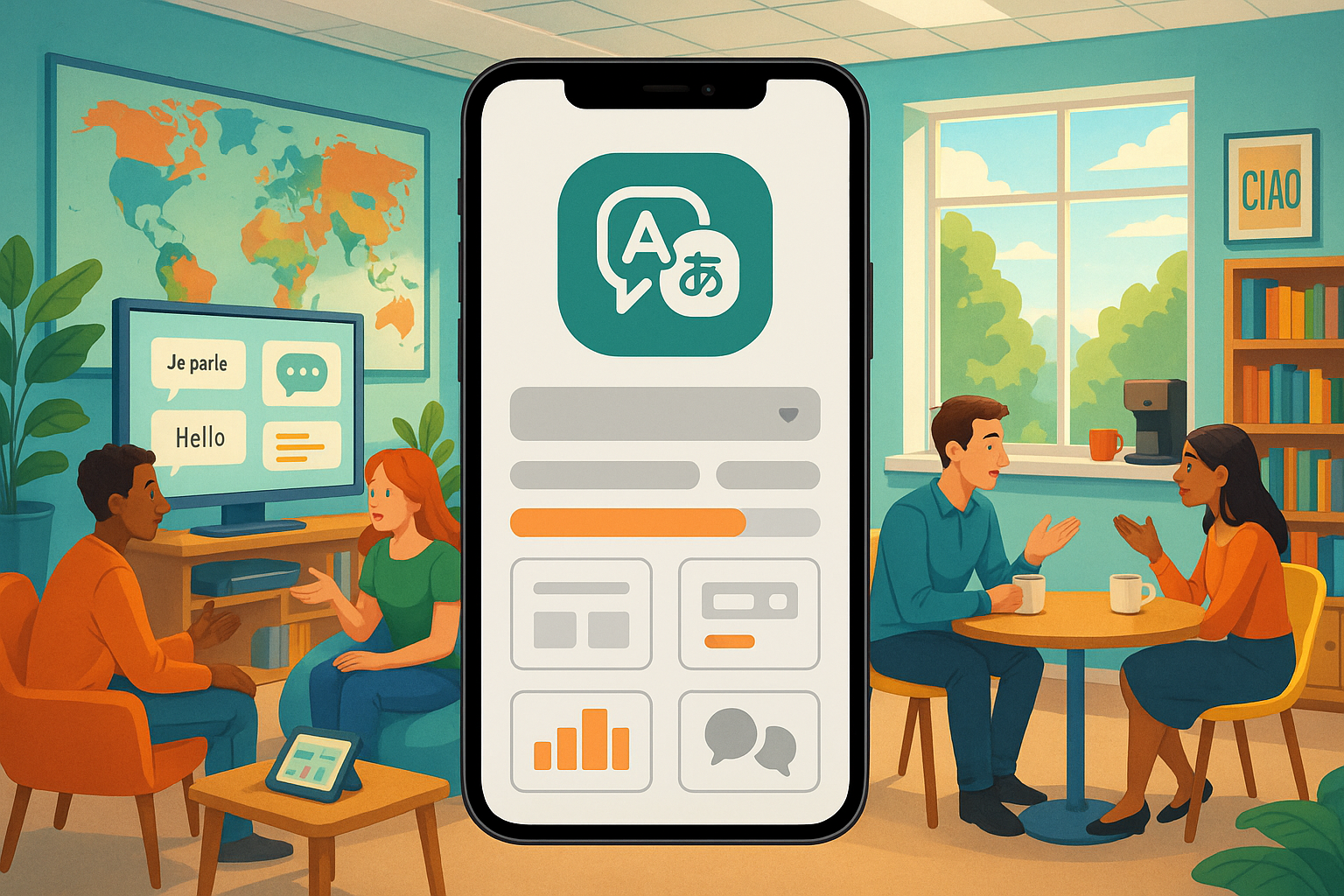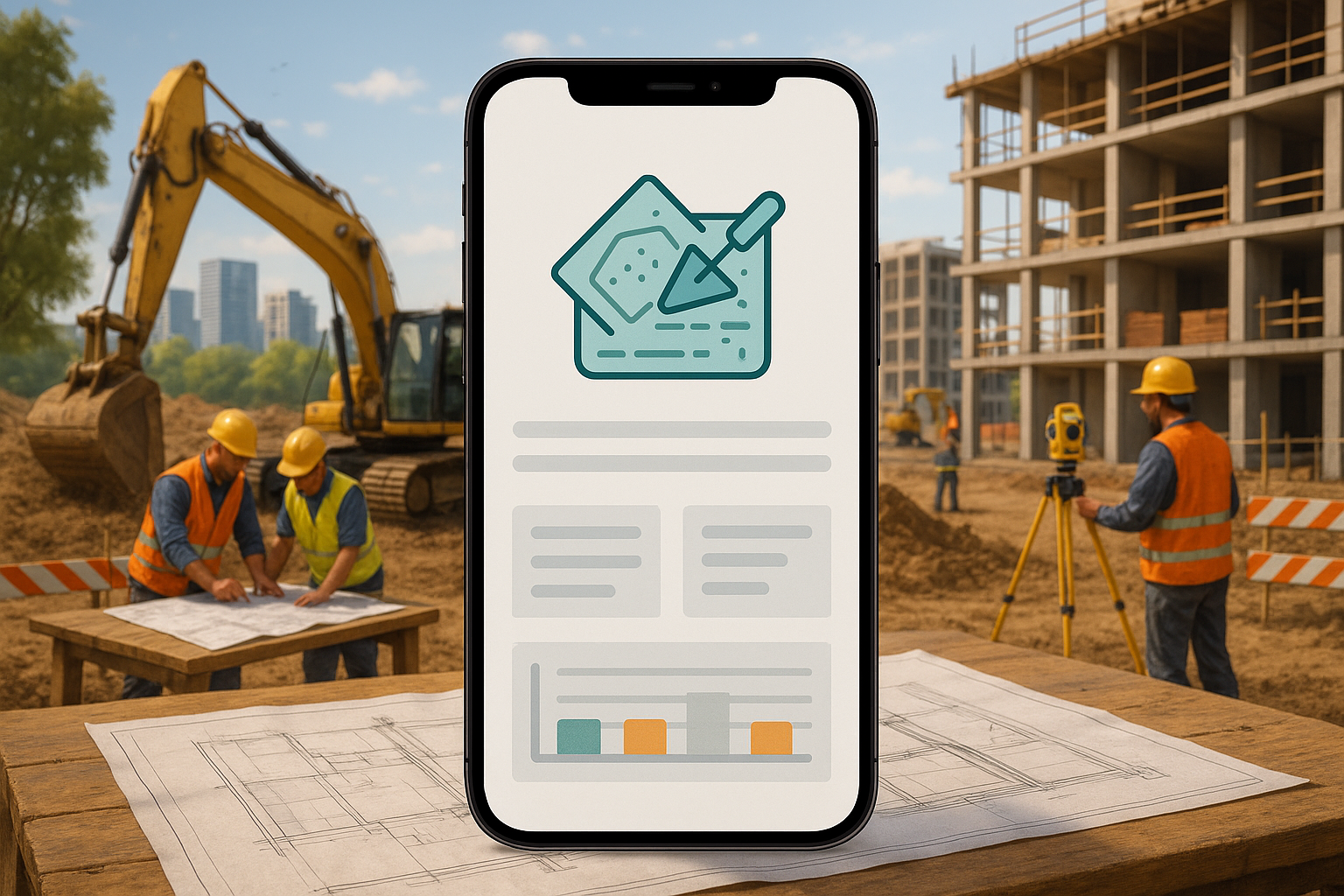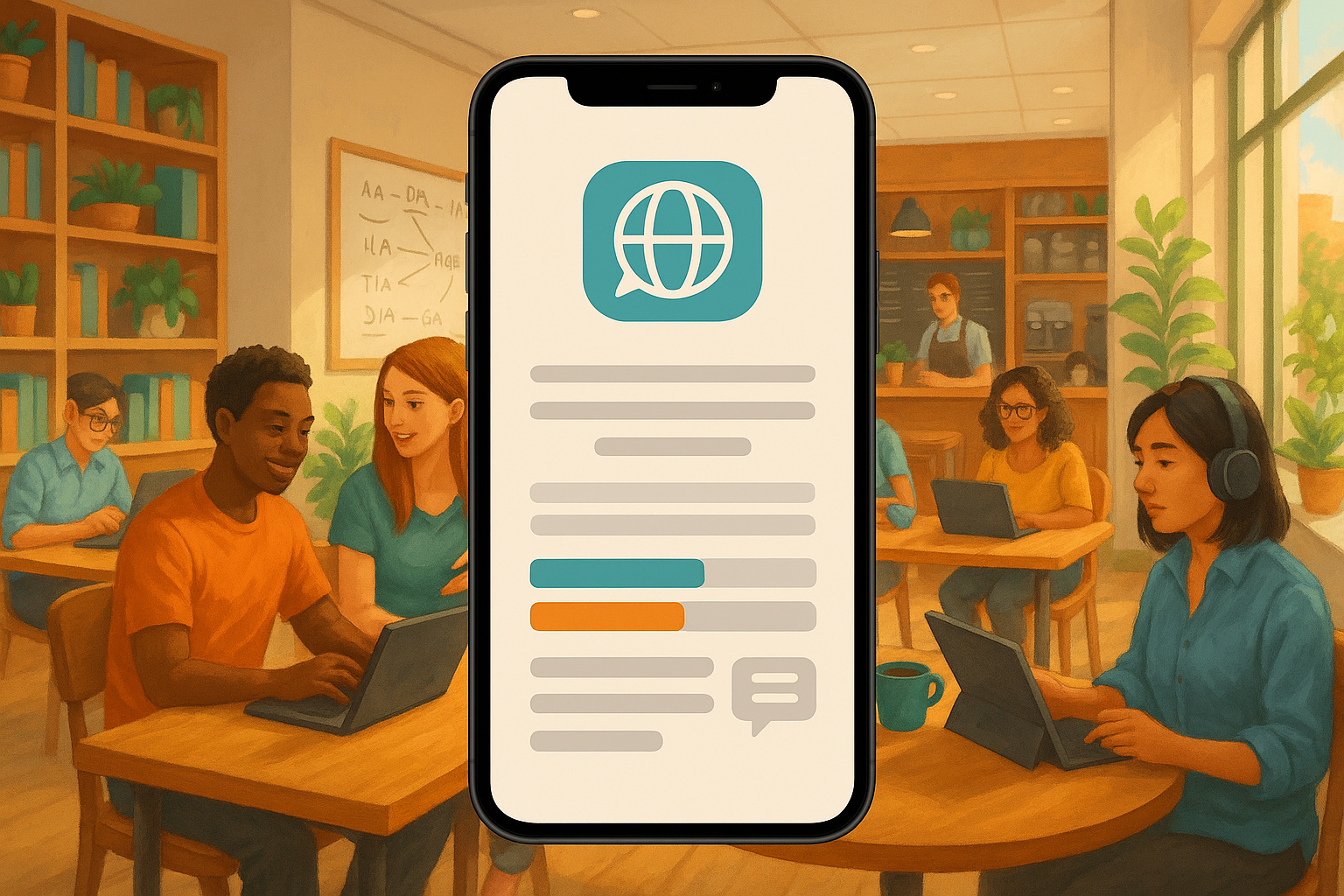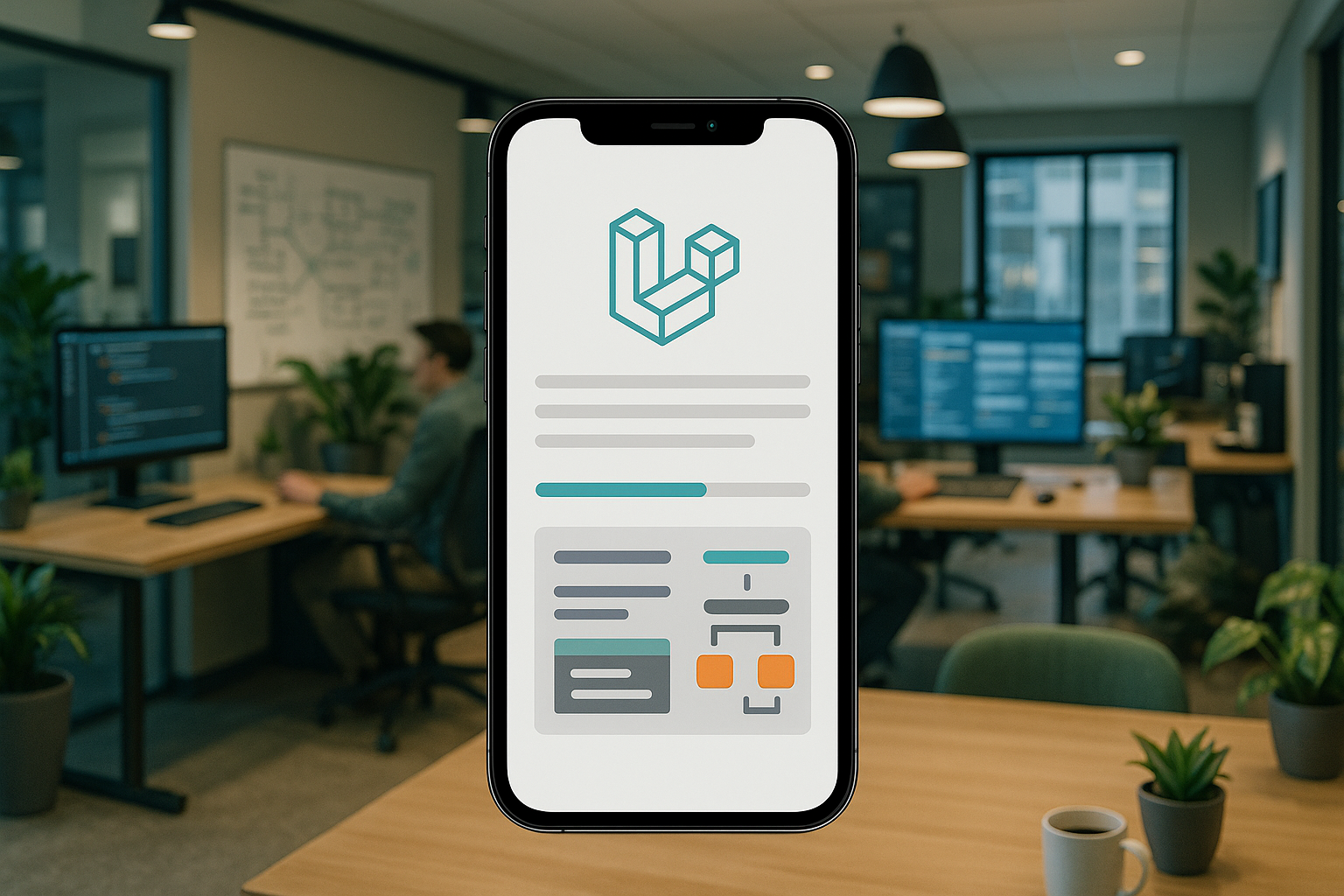Introduction
The global appetite for language learning has never been greater, creating a fertile ground for innovative digital solutions. Yet, the path from a great idea for a language app to a successful, market-leading product is fraught with challenges. Developing an application that is not only educational but also engaging, scalable, and technologically advanced requires a rare combination of pedagogical insight, design finesse, and deep technical expertise. Many businesses with promising concepts find themselves stalled by the immense complexity of in-house development, from sourcing specialized talent to managing the entire product lifecycle.
This article serves as a comprehensive guide to navigating the intricate world of custom language app development. We will explore what defines a modern language app, dissect the significant hurdles of building one in-house, and articulate the compelling advantages of opting for a custom-built solution. Furthermore, we will delve into the different types of language apps, provide a framework for understanding development costs, and identify what to look for in a top-tier development partner.
At MetaCTO, a leading US-based AI-powered app development firm with over 20 years of experience, we specialize in transforming ambitious visions into reality. We have launched over 100 applications, including sophisticated language learning platforms like Parrot Club, a real-time peer-to-peer learning app featuring AI-driven transcription and corrections. Throughout this guide, we will share insights drawn from our extensive experience, demonstrating how partnering with a seasoned agency can help you overcome development challenges and build a high-quality, scalable application that captivates users and drives business growth.
What is a Language App?
At its core, a language app is a mobile application designed to facilitate the process of learning a new language. However, the modern language app has evolved far beyond simple digital flashcards or vocabulary lists. Today’s market leaders offer rich, interactive, and personalized learning experiences that leverage cutting-edge technology to keep users engaged and motivated. A successful language app is a sophisticated ecosystem that seamlessly blends educational content with intuitive design and powerful functionality.
A professionally-built language app must provide an exceptional user experience to be effective. This is achieved through a combination of features handled by a comprehensive development process. This process includes everything from initial ideation and concept development to design, prototyping, coding, rigorous testing, and deployment. The goal is to create a smooth, intuitive, and rewarding journey for the learner.
Key components of a modern language app often include:
- Structured Learning Paths: Curated lessons that guide users from beginner to advanced levels, covering grammar, vocabulary, listening, and speaking.
- Interactive Exercises: Engaging activities such as fill-in-the-blanks, matching games, and sentence construction puzzles that reinforce learning.
- Speech Recognition and Pronunciation Feedback: AI-powered tools that analyze a user’s speech and provide real-time feedback to improve pronunciation and accent.
- Gamification Elements: Features like points, streaks, leaderboards, and achievements that boost motivation and encourage consistent practice.
- Personalized Content: Algorithms that adapt the curriculum to a user’s learning pace, strengths, and weaknesses, ensuring an optimized educational experience.
- Community and Social Features: The ability to connect with other learners or native speakers for practice, conversation exchange, and cultural immersion. Our work on the Parrot Club app, which launched a two-sided marketplace connecting over 1,000 paid users in its first month, highlights the power of integrating community-driven learning.
- Progress Tracking: Detailed analytics and visual reports that allow users to monitor their progress, celebrate milestones, and identify areas for improvement.
Ultimately, a language app is a dynamic educational tool that must drive customer engagement and deliver tangible learning outcomes. Building such a platform requires a deep understanding of both pedagogy and technology, a challenge that a specialized mobile app development agency is uniquely equipped to handle.
Reasons It Is Difficult to Develop a Language App In-House
While the idea of building a language app with an internal team may seem appealing, the practical realities often prove overwhelmingly difficult. The development process demands a rare and diverse set of specialized skills, significant resources, and a long-term strategic vision that most companies cannot easily assemble. Hiring a professional mobile app development agency is often the surest guarantee of a high-quality, efficient application because it directly addresses these inherent challenges.
Lack of Diversified Expertise
A successful language app is not just the product of good coding; it requires a symphony of specialists working in concert. An in-house team, even a talented one, rarely possesses the full spectrum of required expertise. Mobile app development companies, on the other hand, maintain a large pool of specialized knowledge, with dedicated experts in:
- UI/UX Design: Crafting an intuitive, engaging, and pedagogically sound user experience is paramount. This goes beyond aesthetics to include user flow, interaction design, and motivational psychology.
- Frontend and Backend Development: Building a responsive user interface and a robust, scalable backend architecture that can handle real-time interactions, data synchronization, and high user loads.
- AI and Machine Learning: Implementing advanced features like speech recognition, personalized learning paths, and automated feedback requires seasoned AI/ML engineers—a highly specialized and sought-after talent.
- Quality Assurance (QA): Employing rigorous testing protocols, including functional, performance, security, and user acceptance testing, is critical to launching a bug-free, secure, and user-friendly product.
- Project Management: Ensuring a smooth development process that saves valuable time and resources requires experienced project managers who can orchestrate the entire lifecycle from ideation to post-launch support.
An agency’s diversified expertise ensures the app is developed to the highest standards, incorporating industry best practices and ingenious solutions that an in-house team might overlook.
Access to and Mastery of Advanced Technology
The language app market is highly competitive, and maintaining a competitive edge requires leveraging the latest technology. Mobile application development companies are always at the forefront of the technology world. Partnering with an agency guarantees that your application will utilize:
- The Latest Programming Languages and Frameworks: Ensuring the app is modern, efficient, and maintainable.
- Emerging Technologies like AI, AR, and IoT: Access to AI/ML offers enhanced user experience and personalization; AR/VR can provide immersive, interactive features; and IoT allows for seamless integration with smart devices.
- Advanced Development Tools and Methodologies: Agencies employ proven workflows and tools that accelerate development without compromising quality.
An in-house team may struggle to keep pace with this rapid technological evolution, leading to an app that is outdated upon launch.
Scalability and Future-Proofing
A common pitfall of in-house development is building a product that works for today but cannot scale for tomorrow. Professional agencies design apps with scalability in mind from day one. This forward-thinking approach ensures:
- Easy Integration of New Features: The app’s architecture is flexible enough to accommodate future enhancements.
- Ability to Handle Increased User Loads: The backend is built to grow seamlessly as your user base expands.
- Compatibility with Future OS Updates and Devices: The app is engineered to remain functional and performant across evolving mobile ecosystems.
Hiring a professional agency is an investment in a long-term, scalable app that future-proofs your digital presence and supports your business’s growth. An agency’s ability to adapt to project growth without the need for additional hiring provides crucial flexibility.
End-to-End Lifecycle Management
App development does not end at launch. A successful app requires ongoing maintenance, updates, and strategic growth initiatives. Agencies are adept at handling the entire development lifecycle, offering a comprehensive approach that includes:
- Ideation and concept development
- Design and prototyping
- Development and coding
- Testing and quality assurance
- Deployment to app stores
- Ongoing maintenance and updates
This holistic management saves a business valuable time and resources, eliminates the need for multiple contractors, and ensures the app remains competitive and updated in the market long after its initial release.
Why Custom App Development for Language
In a marketplace filled with templated solutions and off-the-shelf platforms, custom app development stands out as the strategic choice for any serious business aiming to build a successful language app. While template-based solutions may offer a lower upfront cost and faster initial setup, they impose rigid limitations that stifle innovation, brand identity, and long-term growth. A custom-developed app, by contrast, is a powerful asset built precisely to your specifications, designed to meet specific user needs and achieve your unique business goals.
Create a Unique and Superior User Experience
The single most important factor in a language app’s success is user engagement. If the learning experience is generic, clunky, or uninspiring, users will quickly abandon it. Custom development allows you to meticulously design every aspect of the user journey.
- Tailored UI/UX: You can create a distinct brand identity and an intuitive interface that aligns perfectly with your teaching methodology. A professionally-built app from an agency ensures a better user experience, which is critical for retention.
- Innovative Features: Custom development frees you to build unique, standout features—like AI-powered conversation partners or augmented reality vocabulary games—that differentiate your app from competitors and meet growing customer expectations.
- Enhanced Performance: A custom app is optimized for performance, providing a fast, responsive, and reliable experience that keeps users happy. This professional delivery decreases the likelihood of costly corrections and updates later on.
Unmatched Scalability and Flexibility
Your business will evolve, and your app must be able to evolve with it. Custom development provides the robust and scalable architecture necessary to support growth.
- Future-Proof Architecture: As discussed, agencies design apps with scalability in mind, ensuring you can easily add new languages, features, or content modules as your user base grows.
- Seamless Integrations: A custom app can be built to integrate flawlessly with other systems, such as your CRM, payment gateways, or third-party content libraries.
- Adaptability: Mobile app development agencies can easily adapt to changing project requirements or business growth, giving you the agility to respond to market opportunities.
Strategic Monetization and ROI
Off-the-shelf solutions often come with restrictive, one-size-fits-all monetization options. Custom development gives you complete control over how you generate revenue, allowing for sophisticated and user-friendly strategies.
- Flexible Models: You can implement diverse monetization models, including freemium tiers, in-app purchases for special content, and various subscription plans. We specialize in helping clients join the profitable 5% of apps with proven monetization strategies that maximize revenue without sacrificing user experience.
- Higher Long-Term ROI: While the initial investment is higher, a custom app delivers significant long-term value. It leads to improved business performance, lesser maintenance costs, and can be scaled up easily, offering a substantial long-term return on investment. The faster development cycle offered by an agency also increases potential revenue by getting your product to market sooner.
A True Competitive Advantage
Ultimately, custom development is about building a competitive moat around your business. By leveraging the best industry practices and the latest technologies, you can create an application that is not just another language app, but a market-leading educational platform. Hiring an expert agency ensures you can leverage this advantage, resulting in a higher quality app with lasting value that drives customer engagement, brand visibility, and revenue growth.
Different Types of Language Apps
The language learning app market is diverse, with various app types catering to different learning styles, goals, and preferences. Understanding these categories can help you define your niche and identify opportunities for innovation. A custom development approach allows you to borrow the best elements from each type or create a hybrid model that offers a uniquely effective learning experience.
1. Gamified Learning Apps
These are perhaps the most popular type of language app, known for making learning feel like a game. They use points, streaks, leaderboards, and achievements to motivate users and encourage daily practice. The lessons are typically broken down into bite-sized, engaging exercises.
- Core Focus: Motivation, habit formation, and foundational vocabulary/grammar.
- Example: Duolingo.
- Development Considerations: Requires strong UI/UX design for gamification elements, a sophisticated backend to track user progress and rewards, and a carefully structured curriculum that fits the format.
2. Immersive and Contextual Learning Apps
These apps aim to replicate an immersive learning environment by teaching through context rather than direct translation. Users learn vocabulary and grammar by associating words with images, sounds, and real-world scenarios.
- Core Focus: Intuitive learning, building connections between words and concepts, and developing conversational skills without relying on a native language.
- Example: Rosetta Stone.
- Development Considerations: Requires a vast library of high-quality images and audio assets, a well-designed curriculum based on contextual learning principles, and often speech recognition technology for pronunciation practice.
3. Tutor Marketplace and P2P Learning Apps
These platforms connect language learners with native speakers or professional tutors for one-on-one or group lessons. They function as two-sided marketplaces, facilitating scheduling, communication, and payments.
- Core Focus: Real-world conversation practice, personalized instruction, and cultural exchange.
- Example: italki.
- Our Experience: We developed Parrot Club, a real-time peer-to-peer language learning app that supports seven languages across eight countries. It features AI transcription and corrections, demonstrating the power of combining human interaction with advanced technology.
4. Media-Based Learning Apps
These apps use authentic media content—such as videos, movie clips, songs, and news articles—as the basis for lessons. They often include features like interactive subtitles, vocabulary lookup tools, and comprehension quizzes.
- Core Focus: Improving listening skills, learning vocabulary in context, and engaging with the culture of the target language.
- Example: Yabla.
- Development Considerations: Requires licensing or sourcing a large volume of media content, building a powerful media player with interactive features, and creating educational tools that overlay the content seamlessly.
5. Vocabulary and Spaced Repetition System (SRS) Apps
These apps are hyper-focused on one thing: helping users memorize a large amount of vocabulary efficiently. They use spaced repetition systems—an algorithm that presents flashcards at increasing intervals—to move words from short-term to long-term memory.
- Core Focus: Vocabulary acquisition and long-term retention.
- Example: Anki.
- Development Considerations: The core challenge lies in implementing an effective and customizable SRS algorithm. The UI is often simpler, but the backend logic is critical to the app’s success.
Cost Estimate for Developing a Language App
One of the first questions any entrepreneur asks is, “How much will it cost to build my language app?” The answer is complex, as the cost is not a fixed number but a range determined by a multitude of factors. While it is impossible to give a precise quote without a detailed project scope, understanding these factors will empower you to budget effectively and appreciate the value that a professional development agency brings to the table. An agency’s expertise reduces costly errors and revisions, and its efficiency often provides better overall value than seemingly cheaper alternatives.
The final cost of your language app will primarily depend on the following variables:
1. Features and Complexity
This is the most significant cost driver. A simple flashcard app with a basic vocabulary list will cost far less than a feature-rich platform with AI-driven personalization and real-time video tutoring.
- Basic MVP (Minimum Viable Product): Might include core lessons, simple quizzes, and user profiles.
- Intermediate App: Could add gamification, progress tracking, and basic audio exercises.
- Advanced App: May incorporate AI speech recognition, personalized learning paths, a tutor marketplace, video streaming, and community forums. Access to our AI Development services can unlock these advanced, immersive features that define market-leading apps.
2. Design (UI/UX)
A polished and intuitive design is non-negotiable for a language app. The cost of design depends on its complexity.
- Standard UI/UX: Utilizes standard platform components and a clean, functional layout.
- Custom UI/UX: Involves custom animations, intricate illustrations, branded assets, and extensive user journey mapping to create a truly unique and engaging experience.
3. Platform and Technology Stack
The platforms you choose to support will influence the cost.
- Single Platform (iOS or Android): Developing for one platform is the most straightforward option.
- Cross-Platform Development: Using frameworks like React Native or Flutter can be more cost-effective for reaching both iOS and Android users with a single codebase, though it may have limitations for highly specialized features.
- Native Development for Both Platforms: Building separate native apps for iOS and Android offers the best performance and user experience but is the most expensive option.
4. Backend Infrastructure
The backend is the engine of your app. Its complexity will scale with your features and user base. A robust backend is needed to manage user data, content, subscriptions, and real-time interactions. Building a scalable architecture from the start is a crucial investment that prevents costly re-engineering down the road.
Finding Value Over Price
While it’s tempting to minimize upfront costs, the true measure of success is long-term return on investment. The value brought in over time by a mobile app development agency is usually much greater than the initial cost. A professionally delivered app decreases the need for costly corrections, reduces maintenance overhead, and gets to market faster, increasing your potential revenue. Investing in a high-quality development partner is an investment in your business’s future.
Top Language App Development Companies
Choosing the right development partner is the most critical decision you will make in your journey to launch a successful language app. You need a team that is more than just a group of coders; you need a strategic partner with a proven track record, deep technological expertise, and a commitment to your business goals. While many firms claim to build apps, only a select few have the specialized experience required for a project as complex as a language learning platform.
Instead of providing a generic list, we will outline the key qualities that define a top-tier company and demonstrate how we at MetaCTO embody them.
1. MetaCTO
As a leading AI-powered mobile app development agency, we are uniquely positioned to build next-generation language applications. Our blend of strategic insight, technical excellence, and proven experience makes us the ideal partner to bring your vision to life.
- Proven Expertise in the Domain: We have direct, hands-on experience building successful language learning apps. Our work on Parrot Club—a real-time P2P language app with AI transcription and corrections—is a testament to our capabilities. We built a two-sided marketplace that connected thousands of users and integrated complex AI features to enhance the learning experience.
- AI and Machine Learning Leadership: AI is at the core of modern language apps, and it is at the core of what we do. From developing GPT-4 powered conversation analyzers to building AI-powered recommendation engines, our team has deep expertise in leveraging AI to create personalized, effective, and engaging user experiences.
- End-to-End Service Delivery: We offer comprehensive mobile app development services that cover the entire product lifecycle. From our initial Product Design & Discovery phase to our 90-day MVP service, iterative development cycles, and post-launch app growth strategies, we are your long-term partner for success.
- Business-Focused Approach: We have helped our clients raise over $40 million in funding. We understand that an app is not just a piece of technology; it’s a business. Our 5.0-star rating on Clutch is a reflection of our commitment to delivering results that drive revenue and growth. As one client, the Founder & CEO of kommu, noted, “MetaCTO stood out for their ability to quickly grasp the intricacies of our product and translate that into clean, scalable solutions.”
What to Look for in a Top Development Partner
When evaluating other potential partners, use these criteria as your guide:
- A Portfolio with Relevant Case Studies: Look for demonstrated experience in educational apps, AI-driven platforms, or apps with complex social and real-time features. Generic business apps or e-commerce sites are not indicative of the skills required for a language app.
- Deep Technical Capabilities: The agency should have in-house specialists in mobile development (iOS and Android), backend engineering, and, crucially, AI/ML. Ask about their experience with technologies like natural language processing (NLP), speech-to-text, and recommendation algorithms.
- A Strategic, Consultative Process: A top agency doesn’t just take orders. They should challenge your assumptions, offer strategic insights, and help you build a product roadmap that aligns with your business objectives. Services like our Fractional CTO offering provide this high-level strategic guidance.
- A Focus on Long-Term Success: The relationship shouldn’t end at launch. Look for a partner who offers ongoing support, maintenance, and growth services to ensure your app remains competitive and continues to evolve.
Conclusion
Developing a custom language app is a challenging yet immensely rewarding endeavor. The journey from concept to a thriving digital platform requires navigating complex technical hurdles, intricate design decisions, and strategic business planning. As we’ve explored, attempting this in-house can stretch resources thin and expose critical gaps in specialized expertise. The path to success lies in a custom development approach, which offers the flexibility, scalability, and unique user experience necessary to stand out in a crowded market.
Throughout this guide, we have covered the essential components of a modern language app, the significant difficulties of in-house development, the clear advantages of a custom solution, and the factors that influence cost. We’ve also highlighted the different types of language apps you can build and the crucial qualities to seek in a development partner.
Choosing the right agency is the single most important factor in this journey. At MetaCTO, we bring over two decades of experience, a team of dedicated specialists, and a proven track record of launching successful, AI-powered applications like Parrot Club. We don’t just build apps; we build businesses. Our end-to-end process, from strategic discovery to post-launch growth, ensures your project is not only built right but is also positioned for long-term success.
If you are ready to turn your vision for a language learning app into a reality, we are here to help. Talk with a Language app development expert at MetaCTO today to discuss your project and learn how our expertise can help you build a high-quality, scalable, and engaging application that will capture the market.






